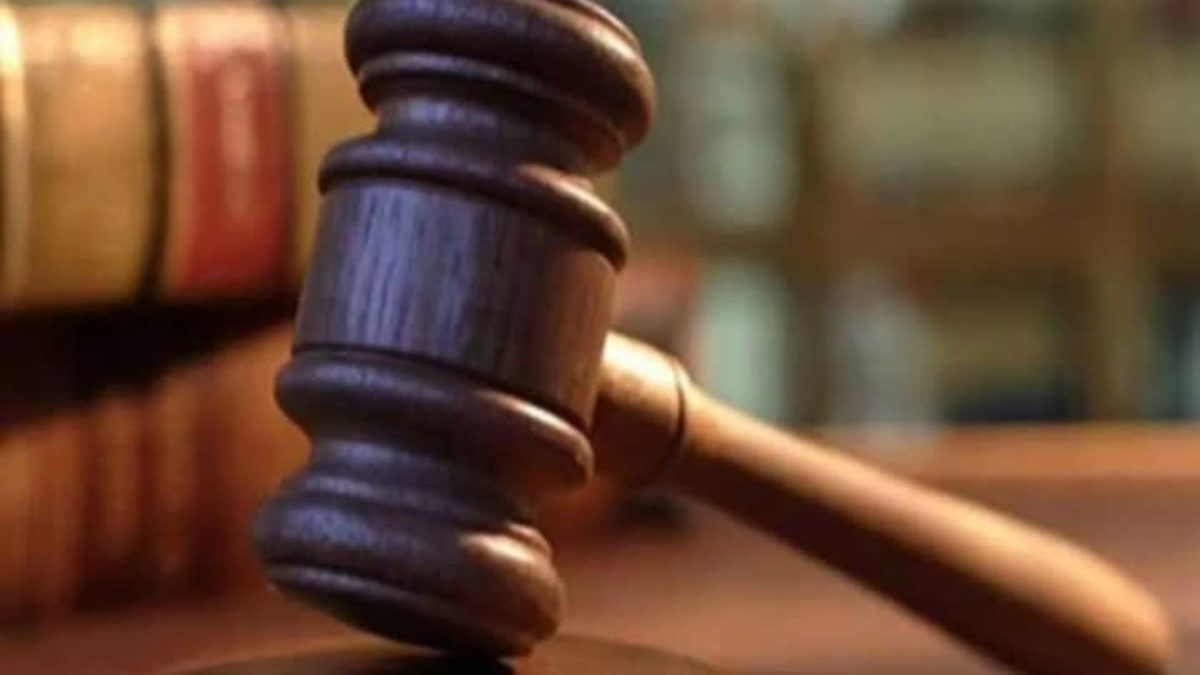New Delhi: The high court here has dismissed a petition challenging a notice of Delhi Medical Council (DMC) making it mandatory that a doctor practising allopathy here has to be registered with the council.
The high court said the consequence of registration by medical practitioners under the DMC Act is that the council will have jurisdiction to take disciplinary actions in case of any professional or ethical misconduct done by a medical practitioner practising in Delhi.
The intent of making the medical practitioner amenable to the regulatory jurisdiction of the State Medical Council of State in which he/she practises is in public interest as it enables the concerned State Medical Council to hold accountable, the erring medical practitioners for their wrongful conduct and take disciplinary against them, in accordance with law, a bench of Acting Chief Justice Manmohan and Justice Manmeet PS Arora said.
The bench referred to a case where mischief was done by a medical practitioner not registered with the DMC in which the erring doctor objected to the jurisdiction of council on the ground of non-registration with it, though the medical treatment had been administered in Delhi. The high court said there was no merit in the public interest litigation filed by Dr Namit Gupta seeking quashing of the December 24, 2023 public notice issued by DMC, directing that any person practising modern scientific system of medicine (Allopathy) in Delhi to be mandatorily registered with the DMC in terms of provisions of the Delhi Medical Council Act.
The notice further directed that all the Medical establishments, including hospitals, nursing homes, polyclinics, charitable dispensaries and diagnostic centres, to ensure the validity of DMC registration of the doctors before utilising their services and to ensure that the DMC registration of the doctors working therein is renewed every five years as per the DMC Act. The counsel for DMC submitted that the notice has been issued to curb the menace of professional misconduct by medical practitioners practising in Delhi.
Advocates T Singhdev and Abhijit Chakravarty, representing NMC, submitted that the petitioner's contentions are misconceived as the requirement of registration with the respective State Medical Council continues to remain the norm even under the NMC Act. The high court said the petitioner's contention that it would be inconvenient for a medical practitioner to seek transfer to a new state medical council in case of a transfer of job, is without any basis.
It said the regulations provide for a convenient web portal-based procedure for seeking transfer of registration to another state medical council and also provide for a mechanism of deemed approval. There is no basis for alleging that the process of transfer and registration is inconvenient, it said. Therefore, in view of the provisions and regulations, the notice issued by respondent no.1 (DMC) under Section 15 of the DMC Act is intra vires and there is no conflict with the provisions of National Medical Council (NMC) Act. The consequence of registration by medical practitioners under Section 15 (1) of the DMC Act is that the DMC will have jurisdiction to take disciplinary actions in case of any professional or ethical misconduct by a medical practitioner practising in Delhi, the bench said.



